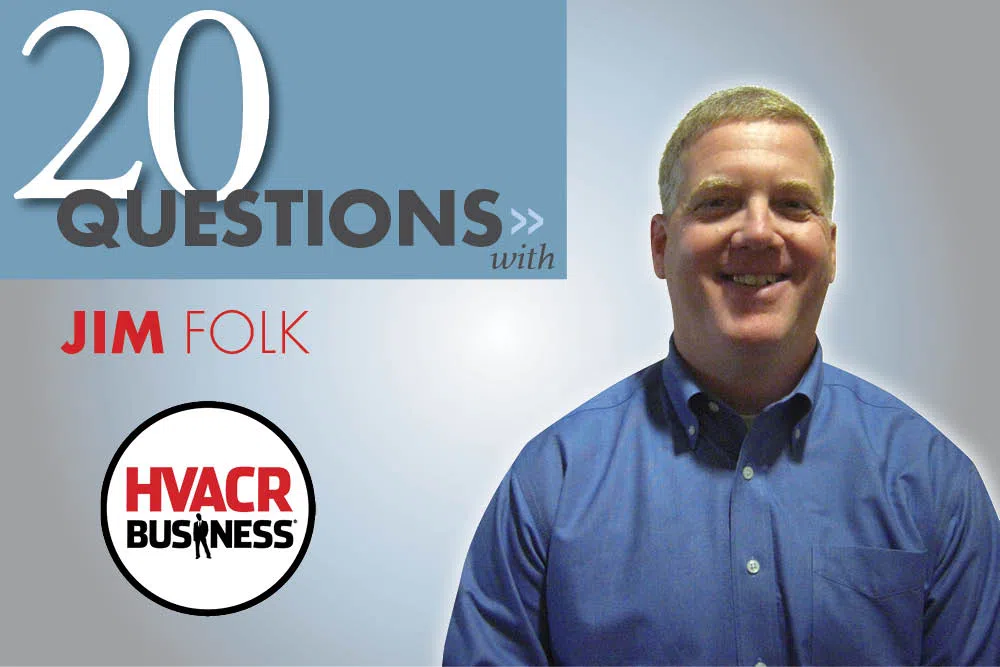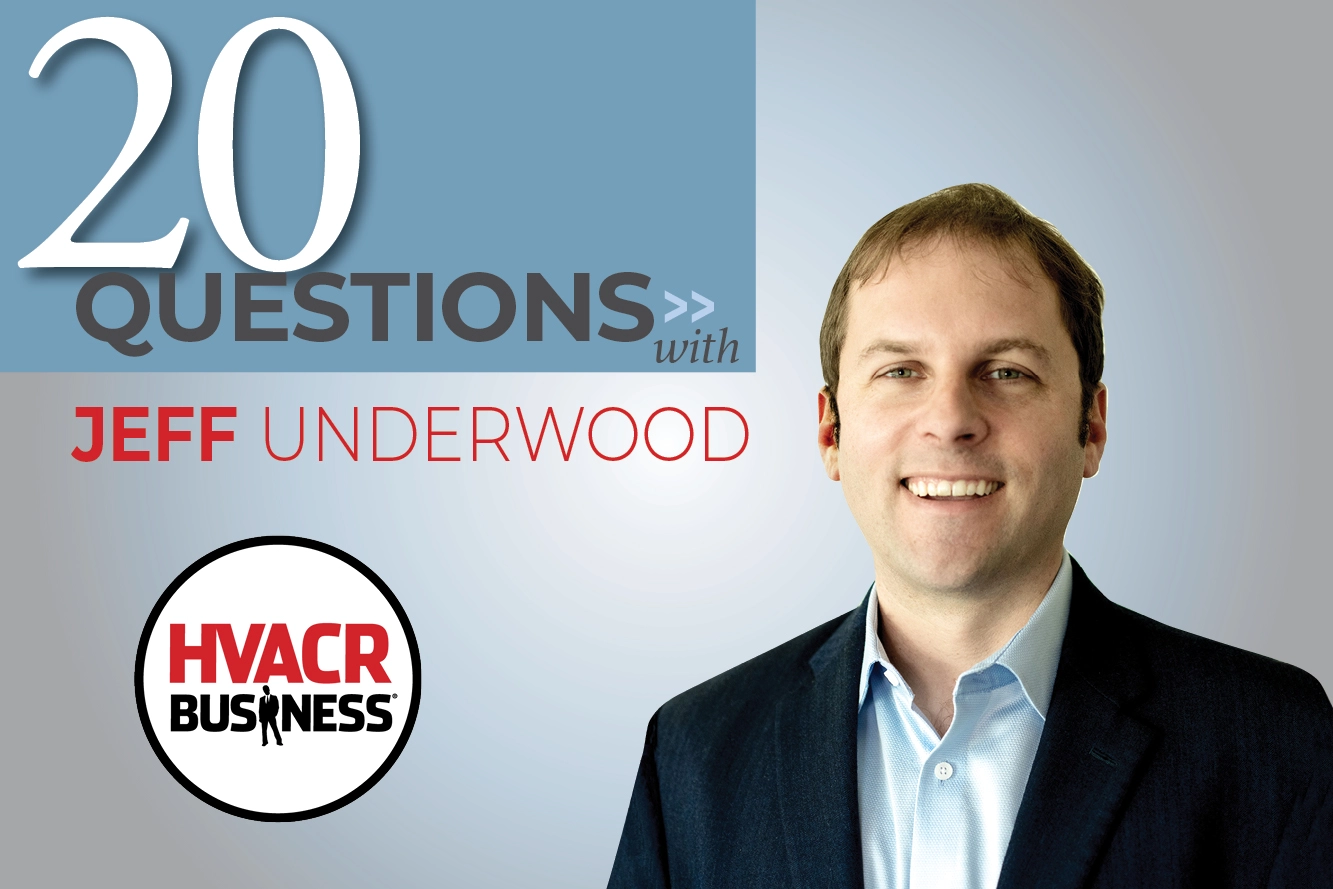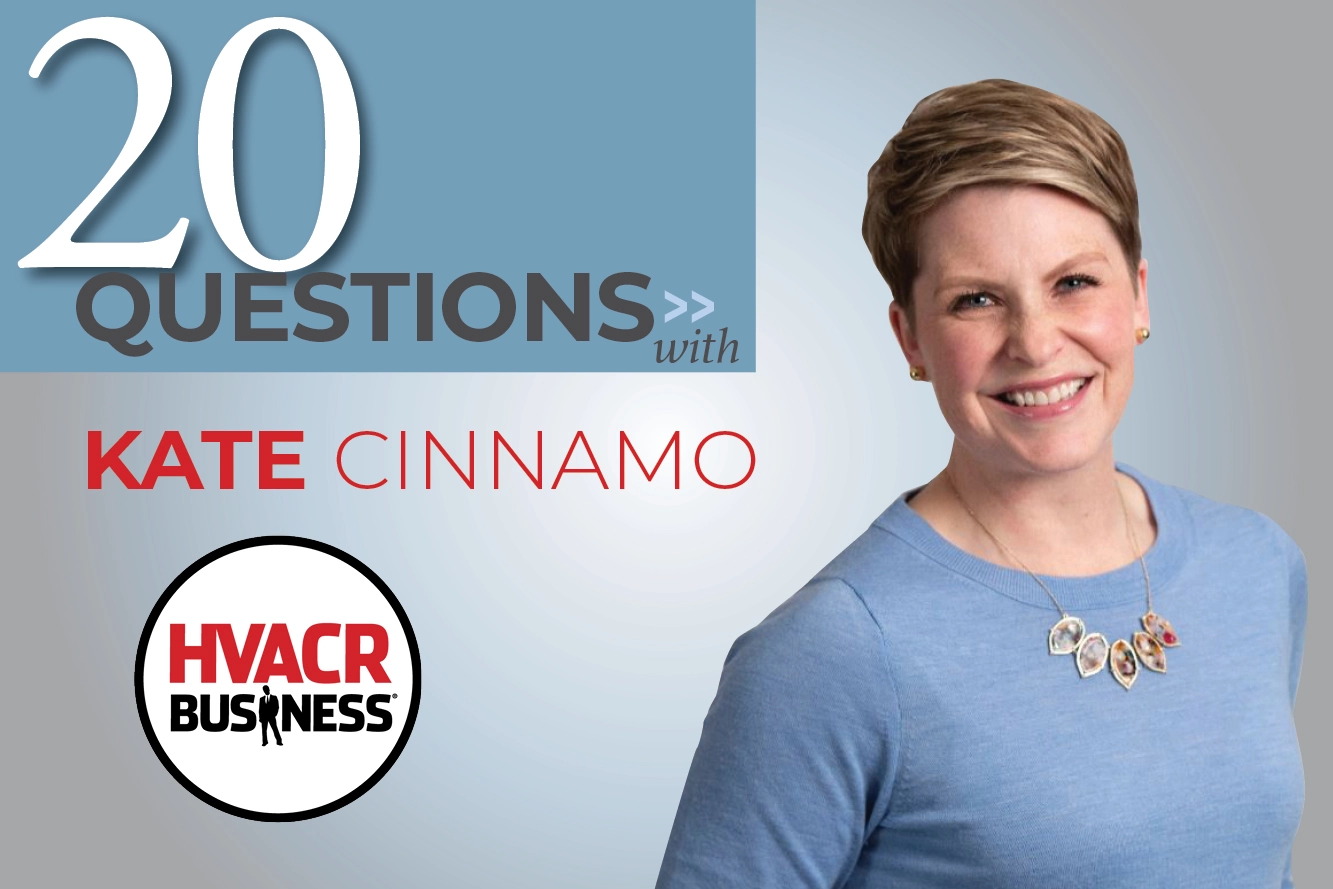Publisher Terry Tanker recently met with Jim Folk, VP of Ballpark Operations for the Cleveland Indians. Folk discussed communicating with a large game day staff, constructing a new ballpark and management style.
1. What do you do 50 words or less?
I oversee the physical plant of the ballpark, capital repairs and improvements, mechanical and engineering, construction projects, safety, security, fan services, maintenance, custodial, grounds keeping, ushers, ticket takers, police, and parking.
2. What does the organizational structure of ballpark operations look like?
"Front-of-House"(those who directly interact with the fans - Security, Ushers, and Fan Services) and "Back-of-House" (support - Maintenance, Custodial, and Grounds). We have Directors of Ballpark Operations, Facility Maintenance, and Field Maintenance. Each has their staff to oversee various aspects of their areas of responsibility.
3. How do you communicate effectively with so many people?
We talk to each other constantly throughout the day (and nights and weekends, thanks — or curses — to BlackBerrys and cell phones), there are weekly department meetings, timely homestand meetings, daily pre-game briefings, and checklists — think Mission Control. With a facility as large as this and with so many people working so many different shifts, it is critical we all have an understanding of what each other is working on. Communication is key to our success.
4. How many people does that include?
Approximately 2,000 on a game day sell out, 700 if we're not sold out.
5. Are you the one that has to field "odd requests" from patrons?
Yes, there are two extremes. Getting married at home plate and scattering relative's ashes around the infield. We've relaxed a little on the marriage ceremonies but have held the line on the ashes…
6. What's the funniest thing you've seen at the ballpark?
There are many over the course of each season. Watching my Facility Maintenance Director and his Assistant trap a wayward possum in the Visiting Dugout a few weeks back (pre-game, of course) stands out.
7. Were you involved with the new construction of Jacobs Field in 1994 — now Progressive Field?
Yes, I was here for the first concrete pour, so I got to see the whole thing come out of the ground.
8. What were some of the management challenges opening a new ballpark?
The planning and organizing is truly monumental. Our charge is to provide a safe, pleasant and comfortable environment to every visitor. Opening the park in 1994 was made even more unusual because President Clinton was scheduled to throw out the first pitch. The Secret Service and the White House staff descended upon us and added an additional dynamic and excitement to opening the park.
9. What's it like to open a new ballpark?
In my world, it is as good as it gets, especially if you are able to be involved with the early stages of design and construction. Your fingerprints are everywhere in the building. I've been fortunate enough to be involved in the opening of three facilities, and have enjoyed the activity tremendously ... AFTER it was all over.
10. Did you try to do anything special for the first Opening Day?
It was pretty hectic as you would expect, but I made it a point to be on the walkway just past Center Field for the National Anthem. It was a terrific production.
11. What is your management style
It may sound overly simplistic, but I believe in surrounding myself with talented people, providing them with the vision and then letting them go. They often come up with a completely different approach to an issue than you may have, or may be comfortable with, but if you trust them often you learn something. Many times, the organization becomes stronger because of the experience, confidence, and knowledge, the staff has gained.
12. How does "what and how" you manage, differ with attendance?
We had a string of 455 consecutive sellouts my peers thought managing almost 45,000 day after had to be tough but the planning is actually easier. After a dozen games we knew how to plan for the maximum and literally everything ran full throttle. When the park is not full all aspect of our planning are more critical because we don't want to be under or over any resources.
13. Do you have to manage differently during a winning season versus a losing season?
No I don't. I try and stress to our staff members that we can't do anything about what happens on the field. We can't affect the score, or the wins and losses column. But we can have a 100% impact on whether or not you have a good time. It's all about customer service.
14. How far in advance do you do plan upgrades on mechanicals systems?
We have a 20 year plan with a rolling 5 year capital plan. We are in the 16th year of the overall plan.
15. When you replace mechanical systems what do you look for?
We are very interested in are systems that are highly efficient and environmentally friendly. This is one of our top considerations as equipment and systems come due for replacement. We want to make certain that we're on the front end of what is available.
16. Is there a specific maintenance plan for existing equipment and systems?
Yes, we have been very fortunate that our ownership has given us the resources, to do preventative maintenance and take care of repairs proactively. They realize stadiums are not 20 year disposable facilities and ensuring proper maintenance maximizes their lifespan.
17. Do you handle the maintenance in house?
We handle as much as we can with a staff of about a dozen and during the season we expand by another fifteen or so. We use outside vendors to handle projects beyond our ability. Siemens handles the building automation system. Chem Treat provides chemical treatment for cooling towers. Grainger is primary vendor for filters and belts and Cleveland Hermetic provides more specialty components.
18. You recently installed solar panels on the upper concourse are you happy with the result?
We've studied, explored and implemented "advanced energy" opportunities. The first one we put into place was an 8.4 kW solar panel on the Upper Concourse. With the help of the Cleveland Foundation, Green Energy Ohio, and a terrific team of architects, engineers, and contractors, along with some incentives by the State of Ohio, we erected the structure in 2007 and it has been producing power ever since. It is our goal to do more here at Progressive Field in the area of advanced energy.
19. Are there plans to install more?
We are constantly evaluating.
20. Any last words?
Batter Up!






